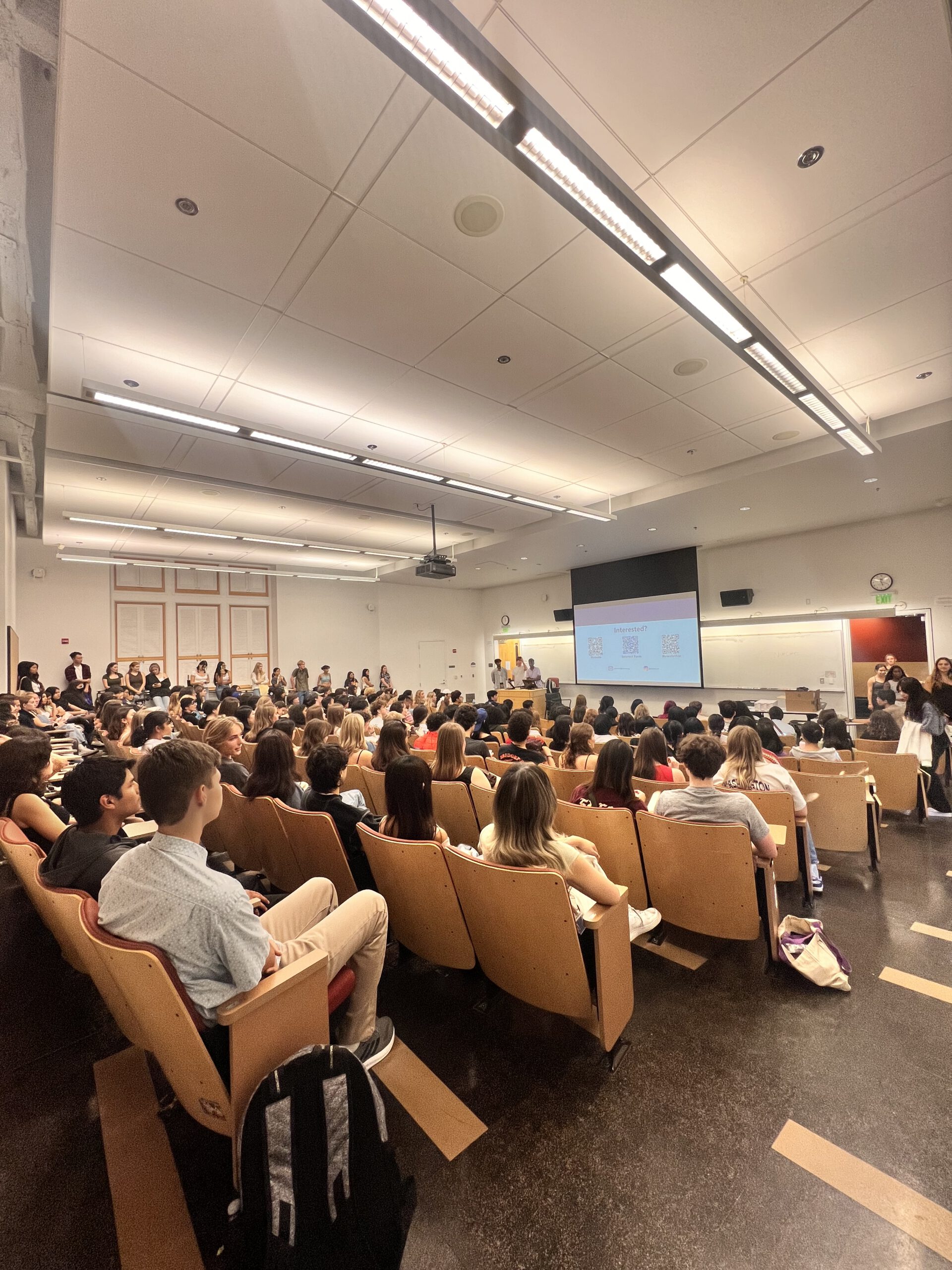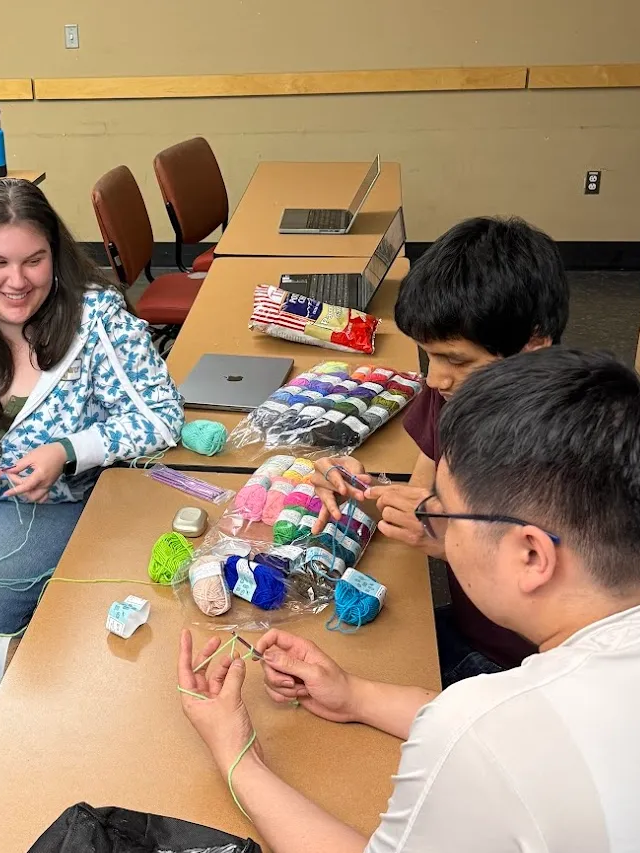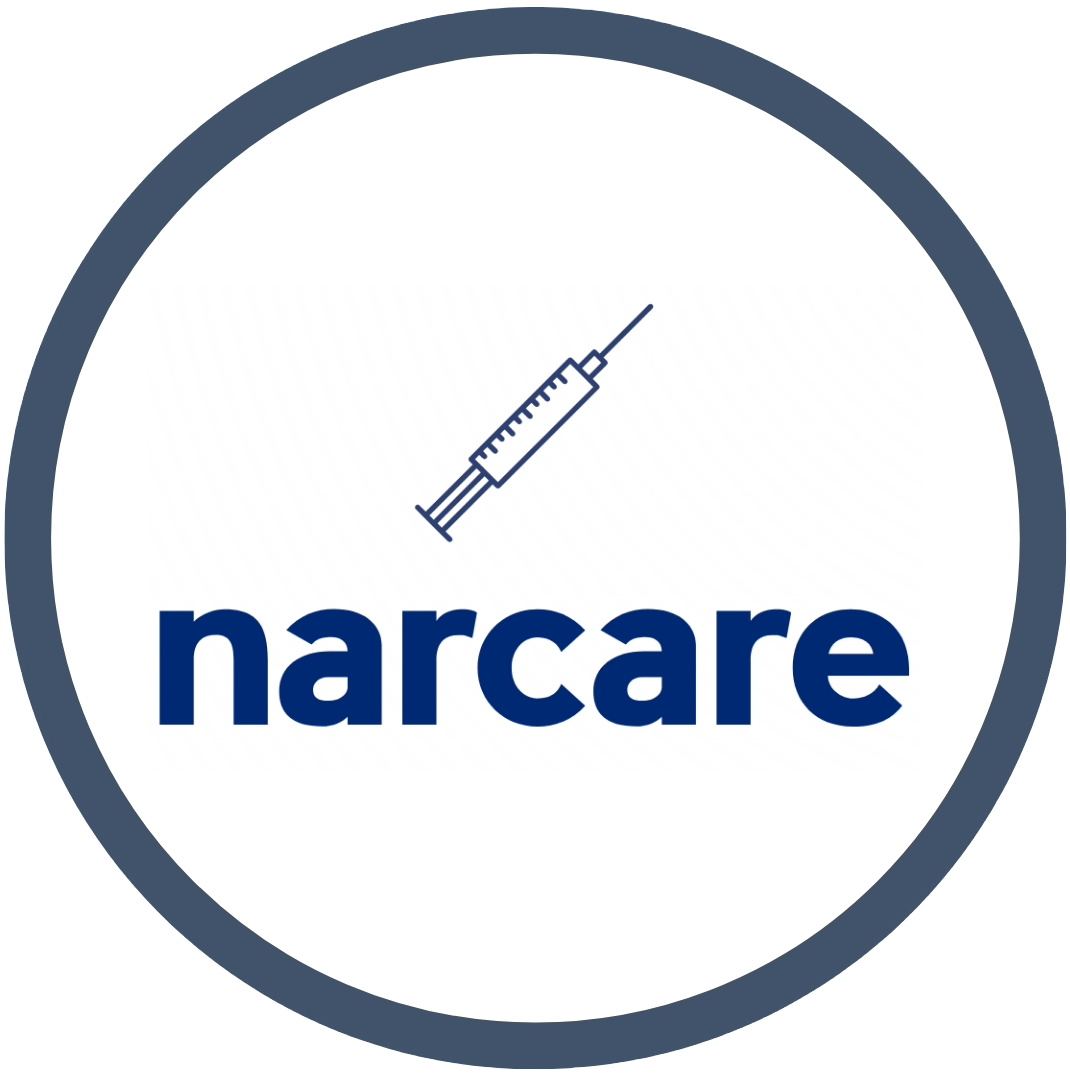
What We Do
Creating Access. Spreading Hope. Saving Lives.

Naloxone Accessibility
In response to the devastating scale of the opioid epidemic, we are committed to making Naloxone—an emergency medication that reverses opioid overdoses—accessible to everyone. We distribute Naloxone to community members, small business owners, shelters, food banks, health clinics, and students. We also conduct neighborhood walkarounds in areas with high overdose rates to distribute kits and raise awareness of harm reduction strategies. Like EpiPens or fire extinguishers, Naloxone should be available wherever emergencies happen. Widespread access enables immediate action in critical moments, ensuring that individuals and communities are equipped to save lives when every second counts.
Naloxone Administration Training
Making Naloxone widely available is only part of the solution—it must be paired with practical training on how and when to use it. The rise of counterfeit pills laced with fentanyl (“fentapills”) puts unsuspecting individuals at increased risk of overdose. Bystanders often have the only opportunity to intervene before medical help arrives, so preparedness is essential. We offer hands-on Naloxone training to community members, nonprofit volunteers, and students to ensure more people are equipped to act. Whether at a restaurant, bus stop, or workplace, we believe everyone should be empowered to respond in moments that could mean life or death.


Community Building
We host community forums that bring people together to learn about, discuss, and reflect on the root causes of the opioid epidemic. These events emphasize systems thinking—highlighting how socioeconomic, political, and healthcare factors contribute to addiction and overdose. Participants are encouraged to engage in honest dialogue, co-create knowledge, and explore community-driven solutions. Through these forums, we aim to foster collective awareness and equip individuals with the tools they need to make informed decisions and advocate for change. We believe that lasting progress begins with conversations that deepen understanding and strengthen community bonds.
Community Engagement
We actively participate in farmers’ markets, resource fairs, and local events to meet people where they are and build relationships through direct interaction. At these gatherings, we provide free resources, offer harm reduction education, and raise awareness about opioid-related risks. These engagements help us reach individuals who may not access traditional outreach efforts, particularly those most vulnerable to overdose. By maintaining a strong presence in the community, we aim to normalize conversations around substance use, reduce stigma, and empower people with life-saving information and tools. Engagement is not just outreach—it’s the foundation of trust and collaboration.


Advocacy
We advocate for policy reforms that address the structural drivers of the opioid epidemic. Through coalition-building, public testimony, and direct collaboration with lawmakers and local leaders, we amplify the voices of those most affected. Our efforts focus on reducing stigma, improving access to treatment, and promoting evidence-based harm reduction strategies. We believe that effective advocacy must be rooted in both lived experience and public health data. By shaping policy and public discourse, we strive to create a more just, compassionate, and effective response to the opioid crisis—one that centers human dignity and community well-being.
